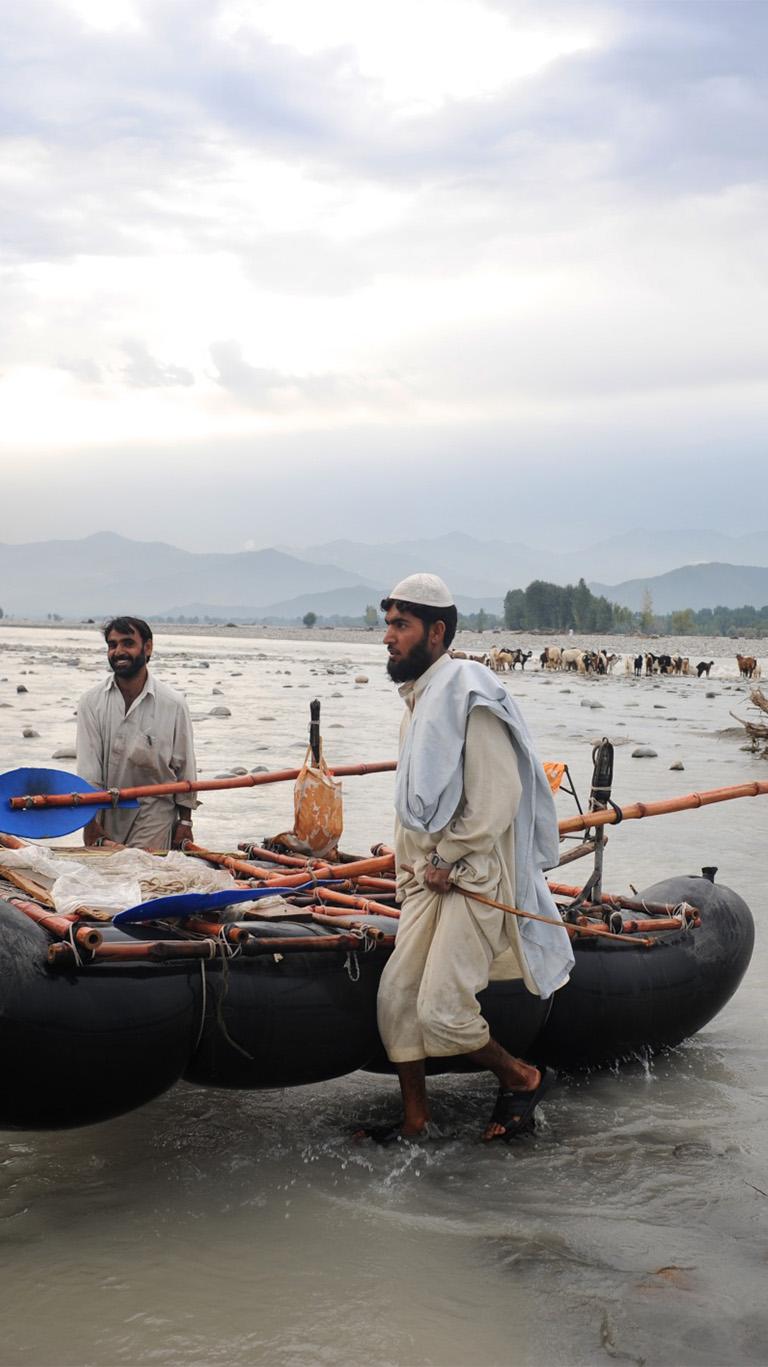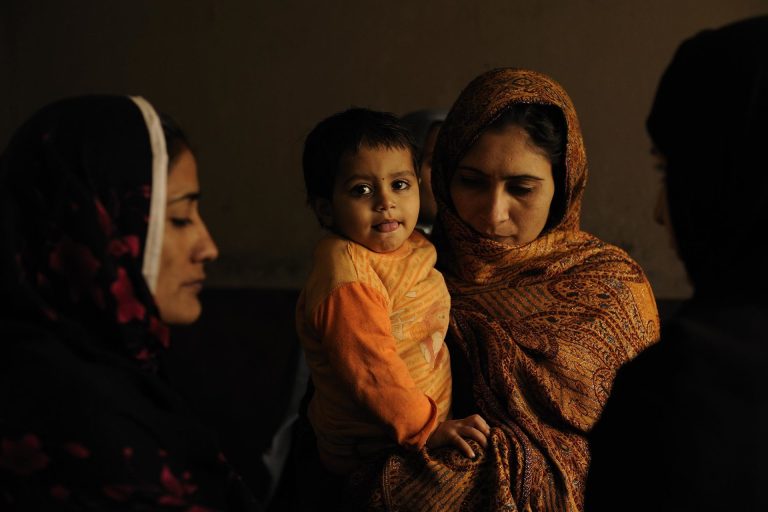Since 2015, and with the aim of improving access to good sexual and reproductive healthcare (SRH) services in Punjab, MdM has made access to family planning a particular focus of its work. Capacity-building support has been provided to family planning centres and staff from the Population Welfare Department (PWD).
In addition, there is a focus on young people, with the development in collaboration with the PWD of a marriage preparation guide. The intention is to improve access to SRH and family planning services. The handbook provides guidelines for healthcare staff to enhance understanding and improve communication between young couples about sexual and reproductive health and the services available. The aim is to empower them to make clear, informed choices together about their future lives together as a couple and as a family.
The guide was trialled in Lahore in 2021 to evaluate its potential. Training was provided to PWD staff and the communities involved received information about the aims, objectives and content of the marriage preparation guide. A study was carried out to evaluate the different stakeholders’ perceptions of the issues around sexual and reproductive health and the introduction of the guide. The results of this study were encouraging. Marriage preparation could be a key factor in improving contraceptive usage rates and the use of sexual and reproductive health services. It may also play a role in empowering women’s decision-making and thus may be a valuable tool in enhancing gender equality.
In the context of financial challenges associated with the Covid-19 pandemic and reduced funding from the United Kingdom after Brexit, Médecins du Monde temporarily closed its base in Punjab after the end of the marriage preparation guide trial.
Nevertheless, we are determined to continue our work with the authorities and civil society in the future to improve both the availability and the take-up of services.
MdM therefore planned to further develop its pilot projects for the marriage preparation guide in 2022 and to explore new technical and financial partnerships.













